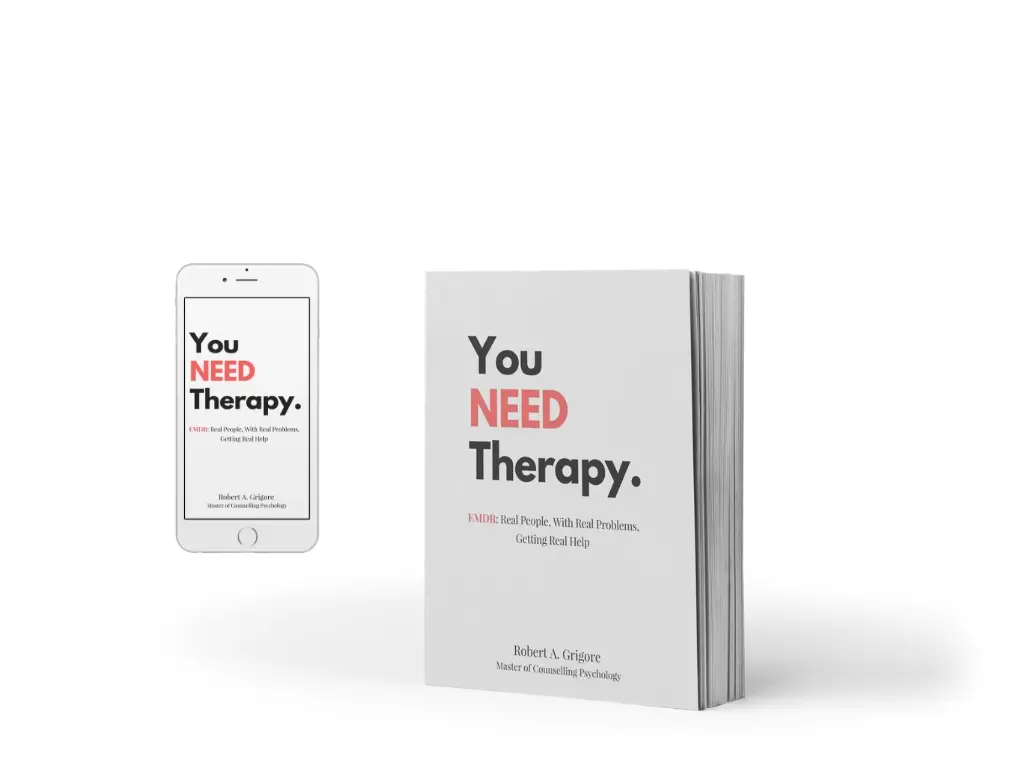If you’re lying awake night after night thinking, “I can’t sleep,” you’re not alone—and it’s not just a sleep problem. Insomnia is often a sign of underlying mental health struggles. Whether it’s racing thoughts, emotional restlessness, or a body stuck in high alert, poor sleep is often your brain’s way of asking for help.
In this blog, we’ll break down how insomnia and mental health are deeply connected, why it’s more than “just stress,” and what steps you can take to finally rest.
What is insomnia?
Insomnia means difficulty falling asleep, staying asleep, or waking up too early and not being able to return to sleep. It can be short-term (a few days or weeks) or chronic (lasting more than 3 months). People with insomnia often feel:
- Tired but wired
- Emotionally drained
- Irritable or anxious
- Disconnected or foggy during the day
Insomnia is not just about poor sleep habits. For many, it’s linked to anxiety, depression, trauma, or nervous system dysregulation.
Mental health and insomnia: a two-way street
Sleep and mental health affect each other. If your mind is anxious, depressed, or overwhelmed, your body may struggle to enter deep sleep. And without sleep, your brain becomes less able to regulate thoughts and emotions. This creates a vicious cycle.
People with the following conditions often experience insomnia:
- Anxiety: Racing thoughts, tight chest, and worry often peak at night.
- Depression: Early morning waking is common, along with low energy and sleep fragmentation.
- PTSD: Flashbacks or hypervigilance can prevent deep rest.
- High-functioning burnout: People may not realize they’re mentally exhausted, but their body refuses to power down.
So if you’re saying, “I can’t sleep,” the real question might be: “What’s keeping my mind from feeling safe enough to rest?”
Why therapy helps when you can’t sleep
Sleep is a function of safety. Your nervous system needs to believe the danger is over. Therapy helps your brain stop scanning for threats and start relaxing into real rest.
Grigore Counselling‘s team uses trauma-informed, evidence-based approaches to target both the emotional and physical layers of insomnia.
CBT for Insomnia (CBT-I)
A structured, short-term therapy that helps you change thoughts and behaviours that interfere with sleep. It’s often more effective than medication for long-term sleep recovery. Learn more about CBT
EMDR Therapy
For those with trauma or nervous system dysregulation, EMDR therapy helps your brain process stuck memories and find peace. Many clients sleep better after just a few sessions.
Is it just stress?
If you’re asking, “I can’t sleep—is it just stress?” you might be underselling what your body is going through. Chronic stress changes your brain chemistry, cortisol levels, and nervous system. It’s not just stress—it’s a health issue that deserves real care.
Sleep trackers, meditation apps, and melatonin might help for a while, but if the root problem is unresolved anxiety or trauma, those are just band-aids.
What happens when insomnia is left untreated?
Prolonged insomnia is linked to:
- Increased risk of depression and anxiety
- Weakened immune system
- Poor memory and concentration
- Greater risk of accidents and health conditions
If your insomnia lasts more than a few weeks, it’s time to seek professional help. You don’t need to wait until you’re completely burnt out.
When should I reach out?
If you:
- Wake up tired every day
- Dread bedtime because of your thoughts
- Feel emotionally unbalanced
- Are using substances to help you sleep
- Are constantly saying, “I can’t sleep”
…then therapy might be the best next step. Reach out to book a session. We offer in-person and virtual therapy to meet you where you are—physically and emotionally.
You deserve rest. And more importantly, you deserve to feel safe enough to rest.
FAQ
Can therapy cure insomnia?
Therapy can treat the underlying causes of insomnia, especially when it’s tied to anxiety, depression, or trauma. Many clients see long-term sleep improvements with CBT-I or EMDR.
What is CBT-I and how does it work?
CBT-I stands for Cognitive Behavioural Therapy for Insomnia. It teaches you to recognize and shift unhelpful thoughts and behaviours that interfere with sleep, creating healthier sleep patterns over time.
Is medication or therapy better for insomnia?
Therapy offers long-term results by targeting root causes. Medication can be helpful short-term but doesn’t usually address the underlying emotional issues.
How quickly does therapy help with insomnia?
Some people notice improvements within weeks, especially with structured approaches like CBT-I. EMDR can bring deeper nervous system shifts in just a few sessions for trauma-related insomnia.











